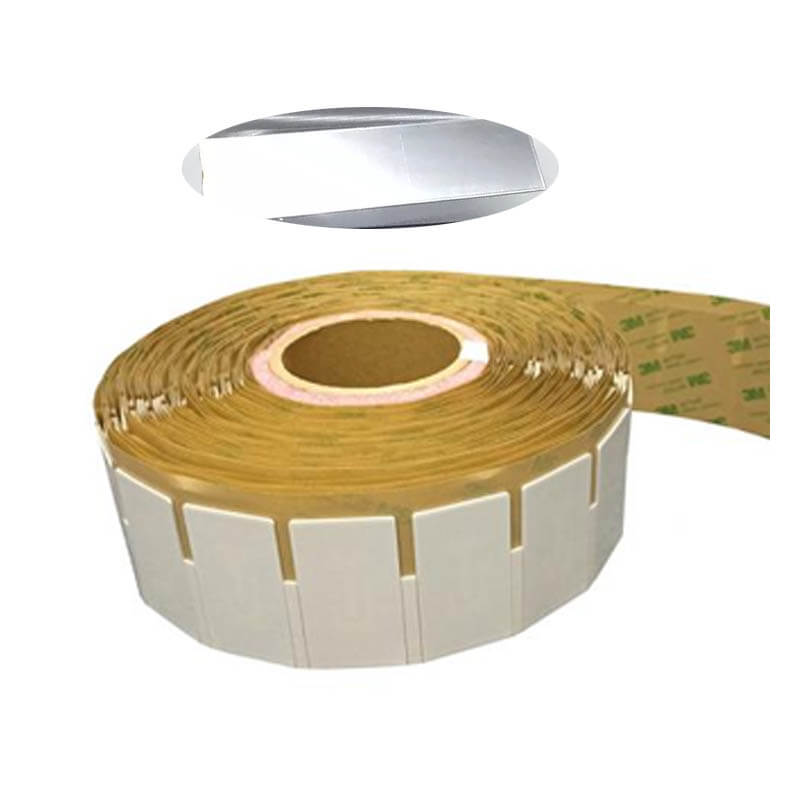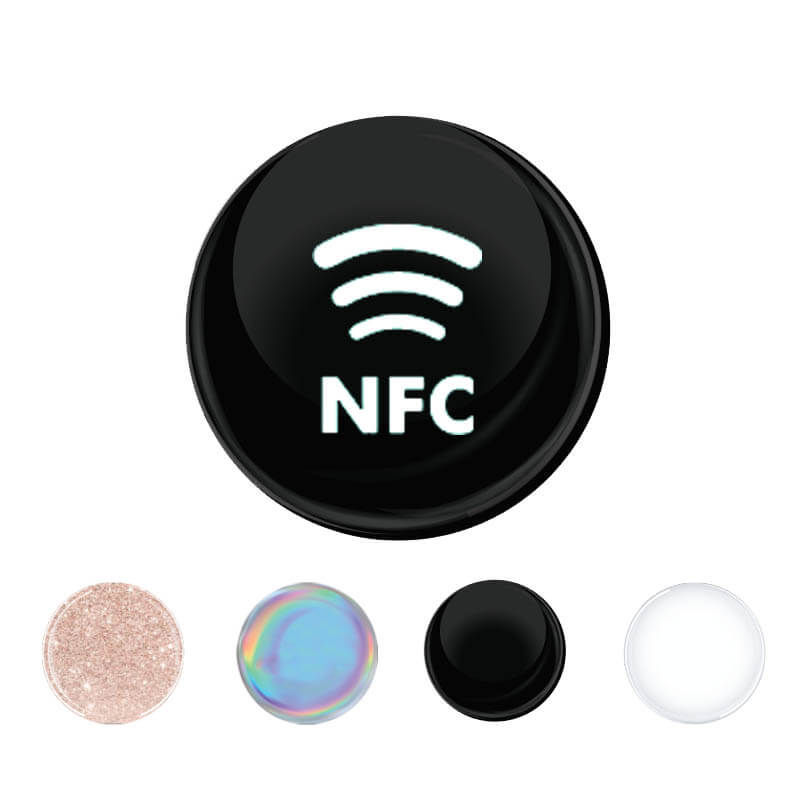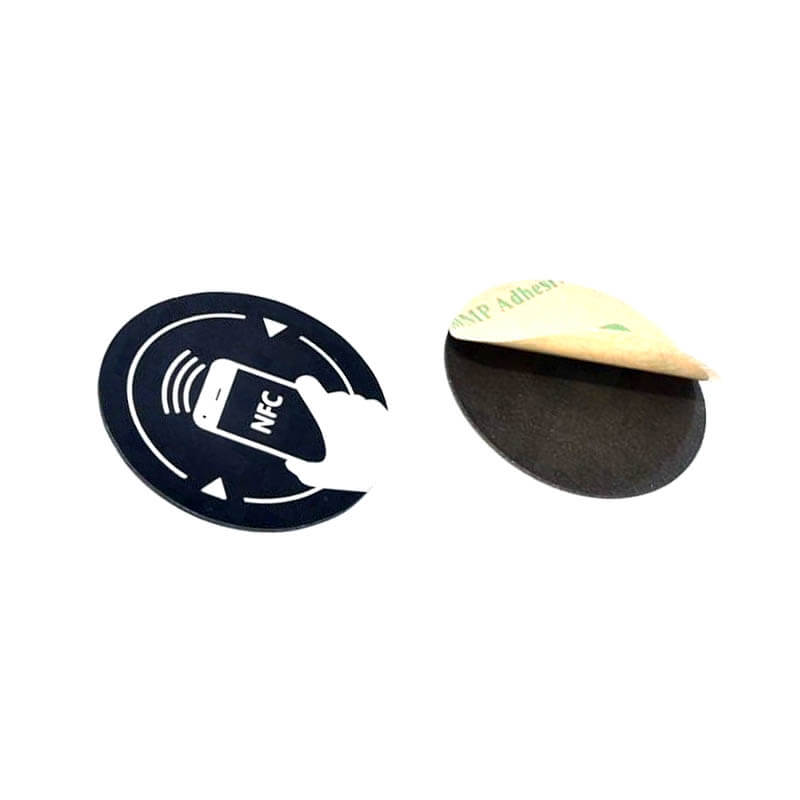RFID, or Radio Frequency Identification, has become an increasingly important tool in asset management. It is a technology that allows for the identification and tracking of objects using radio waves. With RFID asset management, companies can gain visibility into their physical assets, optimize their processes, reduce operational costs, and stay compliant with industry regulations. Let’s take a look at how RFID asset management can help your business.
Asset Tracking and Visibility
RFID asset management systems provide up-to-date information about where each item is located. This helps increase visibility into the entire supply chain process, allowing for improved inventory control and better decision-making. Companies can also use the data to detect any potential misplacement of items or theft of assets.
Reduced Operational Costs
RFID asset management systems help businesses save time by automating certain processes such as inventory counting and replenishment. The system can automatically detect when items have gone out of stock and send alerts to purchasing personnel so they can order new stock quickly without having to manually count each item in the warehouse. This reduces labor costs associated with manual labor as well as overall operational costs.
Compliance with Industry Regulations
RFID asset management systems are also used to comply with industry regulations such as safety standards and environmental laws. By having an accurate record of all assets, companies can easily track which ones need to be serviced or replaced on a regular basis in order to remain compliant with industry regulations. Additionally, the system will alert personnel when it’s time for an item to be serviced or replaced so they don’t have to worry about manually tracking each item’s status.
RFID asset management is a powerful tool that enables businesses to gain valuable insights into their physical assets while reducing operational costs and ensuring compliance with industry regulations. It allows for more accurate tracking of items throughout the supply chain process, improved inventory control, increased visibility into operations, and automated processes that save time and money. System integrators, Purchasing personnel, and corporate executives should consider implementing RFID asset management if they want their businesses to run more efficiently and cost-effectively.
Related articles:
- What is RFID Asset Tracking & How Does It Work?
- Use of RFID Technology in Hospitals – 7 Things You Can Track
- A Guide to RFID Tags Types And What are they Difference
- 10 Ways RFID Technology is Already in Your Life!
- RFID on Metal: A Few Things You Should Know about RFID and Metal Surfaces
- Tool Tracking – RFID Tags for Tools










